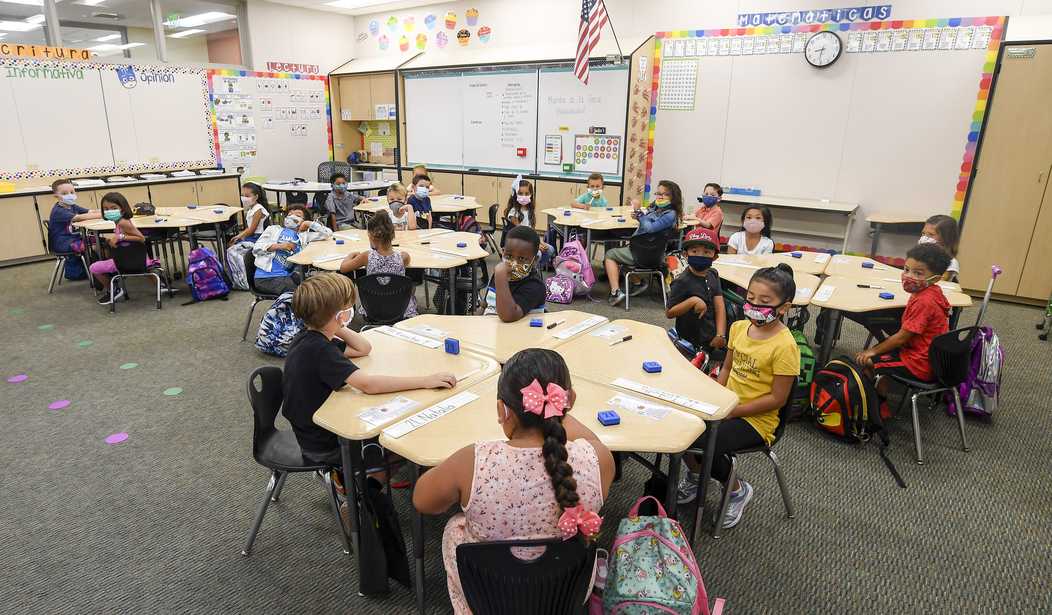Washington state and Oregon public school students as young as five-years-old have been receiving instruction on different topics related to gender identity and expression, including the idea that "there are many ways to express gender."
The Washington Office of Superintendent of Public Instruction's "Health Education Glossary" defines "gender" as a "social construct" that is based on "emotional, behavioral and cultural characteristics attached to a person's assigned biological sex."
The OSPI's health education standards for all public schools, which were adopted in 2016, require kindergarteners and first-graders to be taught that "there are many ways to express gender" and students in second and third grade must learn that "there is a range of gender roles and expression."
The education standards prompted controversy last month after the Edmonds School District reportedly gave first-graders materials that said gender can be divided into three categories – "girl," "boy" and "neither or both." The district responded to the backlash by saying it "is required to teach state standards."
And Oregon's state board of education implemented health education standards in 2016 that require kindergarten and first-grade students to "recognize that there are many ways to express gender" and to "provide examples of how friends and family influence how people think they should act on the basis of their gender."
Recommended
Second-graders in the state are taught to "recognize differences and similarities of how individuals identify regarding gender" and are instructed on how to "communicate respectfully" when speaking to or about individuals of "all gender identities, gender expressions and sexual orientations."
Meanwhile, third-graders in Oregon are taught how to define "sexual orientation." They must also "recognize differences and similarities of how individuals identify regarding gender or sexual orientation."
Last month, the North Clackamas School District came under fire after it reportedly gave fifth-grade students a worksheet for "The Genderbread Person," a teaching resource that instructs students on gender identity and sexual orientation. In this assignment, students were asked to describe their gender identity and sexual orientation. Still, the district defended the assignment.
This comes after Florida Gov. Ron DeSantis (R) recently signed the Parental Rights in Education bill into law, banning instruction on sexual orientation and gender identity in grades kindergarten through third grade and limiting age-inappropriate discussions of sexuality in other grades.
Dubbed by critics as the "Don't say gay" bill despite there being no mention of a ban on the word, Florida's legislation also allows parents to access their children's education and health records and requires schools to notify parents of changes to their child's mental, physical or emotional well-being. The bill exempts schools from disclosing information to their parents if a "reasonably prudent person" would be concerned that doing so could result in abuse, abandonment or neglect.
Oregon Gov. Kate Brown (D) ripped the Florida bill after DeSantis signed it into law. She said in a March 28 Twitter post, "in Oregon, we say gay."
"I'm horrified and outraged by the anti-LGBTQIA+ legislation that was just signed in Florida, making schools a less safe space for LGBTQIA+ kids," Brown tweeted at the time. "Oregon will always be a safe, inclusive, and welcoming place — no matter one’s sexual orientation or identity."
Legislation mirroring Florida's parental rights law have since been introduced in other states, including Alabama, Louisiana, Tennessee and Ohio.

























Join the conversation as a VIP Member